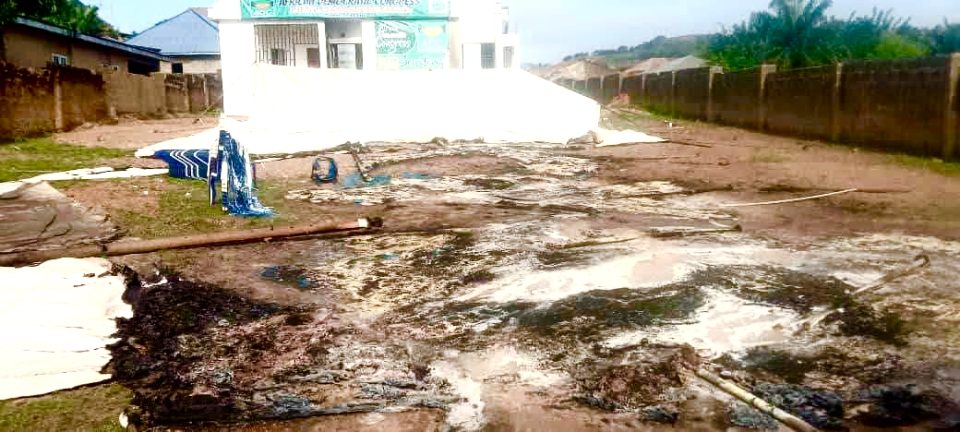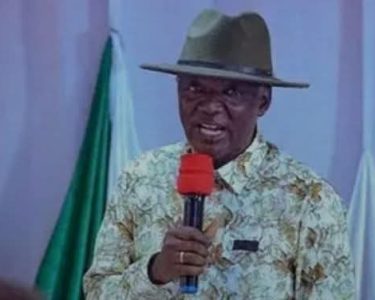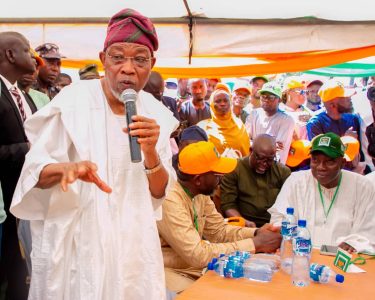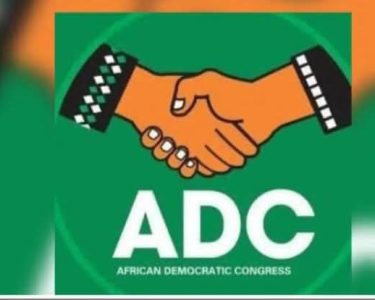The news of the attack on the African Democratic Congress (ADC) New Secretariat in Ekiti State is a sobering reminder that Nigeria’s democracy remains fragile. Political violence is more than a breach of law and order; it is an assault on the trust and dignity of citizens, a reminder that the safety of civic spaces cannot be taken for granted.
President Bola Ahmed Tinubu, like any leader in a democratic system, is measured not only by political victories but by the protection he affords to all voices, including those in opposition. Democracy is not merely a matter of elections; it is a lived experience one that guarantees safety, freedom of expression, and respect for pluralism.
What does it mean for democracy when opposition parties are threatened or intimidated? What does leadership mean if those in power fail to speak out decisively against such acts? The health of a nation’s democracy is tested not in moments of comfort but in times of tension, when the rights of the minority are under threat.
Citizens do not demand perfection; they seek justice, fairness, and protection. They long for a society where political disagreement is met with debate, not fear; where ballots, not violence, decide outcomes. The attack on the ADC Secretariat is a stark reminder that democracy is fragile and requires constant vigilance, ethical leadership, and courageous protection of dissenting voices.
As Nigeria approaches the 2026–2027 electoral season, it is crucial for political leaders, stakeholders, and citizens alike to exercise restraint. The Southwest, and indeed the nation as a whole, must not be set ablaze by partisan rivalry, ethnic tension, or intimidation. Political competition should be conducted at the ballot box, within the bounds of law, and with respect for human dignity. Violence and fear have no place in shaping the future of our democracy.
True democratic leadership demands action: the unequivocal condemnation of violence, protection of political spaces, and unwavering commitment to the rights of all parties. Without this, the promise of democracy risks being hollow, and the trust of citizens erodes.
Across Ekiti, and indeed Nigeria, citizens are watching. They are asking: are those in power truly committed to democratic principles? Can every Nigerian, regardless of political affiliation, safely participate in shaping the country’s future? These are not abstract questions they are human questions, questions of dignity, freedom, and hope.
The assault on the ADC Secretariat challenges all of us to reflect: democracy is not only about who governs, but how we govern. It is about defending the voiceless, protecting the vulnerable, and keeping politics a space for dialogue rather than intimidation. Until such commitments are fully realized, Nigerians will continue to ask: who truly safeguards our democracy?
Oluwatosin Babatunde is a Nigerian journalist and public affairs commentator, and an advocate for good governance. He can be reached via babatosin247@gmail.com




